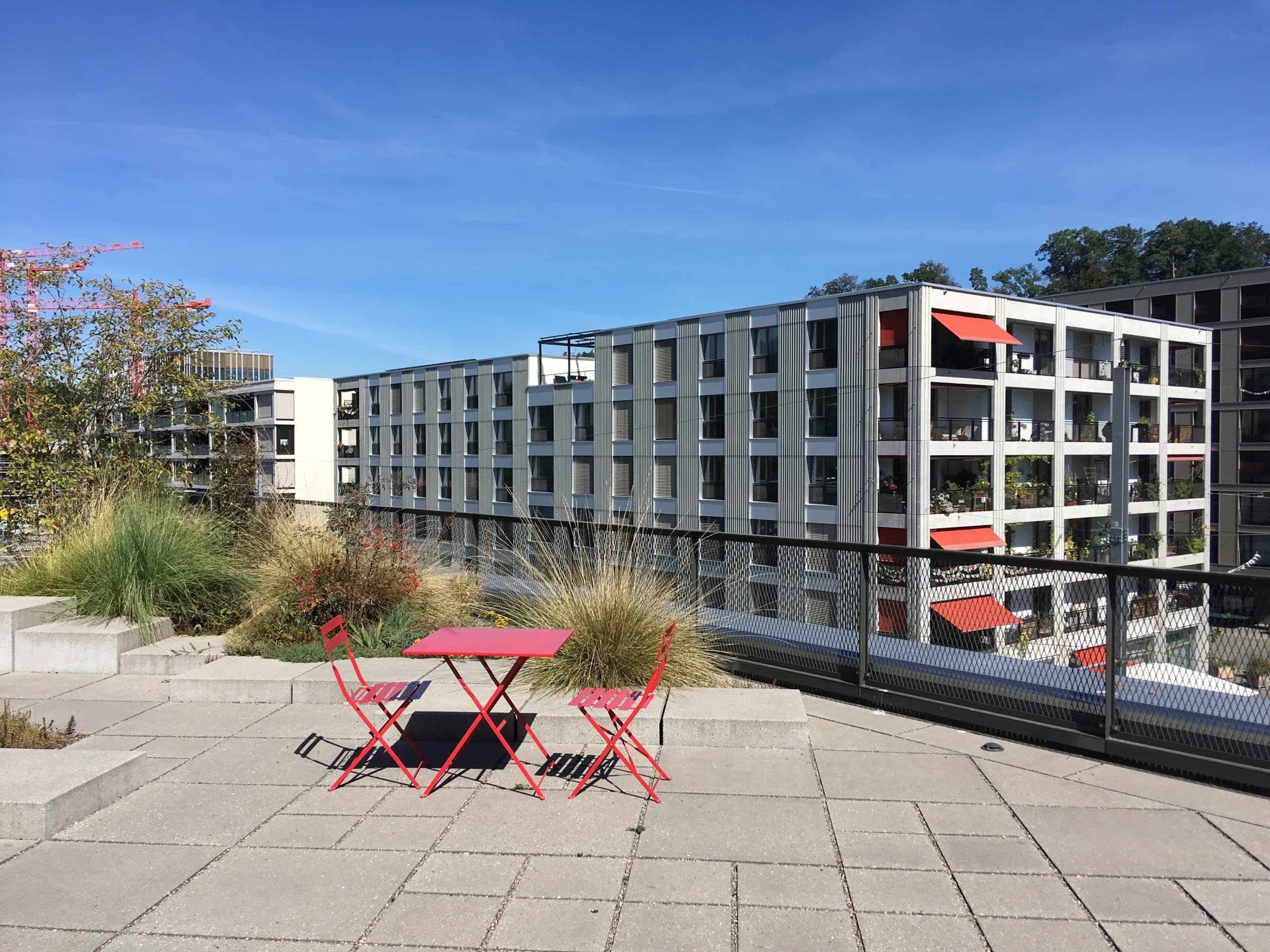AI-Generated Summary
Context and Publisher
The article titled "Wanted: Daredevils for housing cooperatives" was published by the International Raiffeisen Union e.V. (IRU), an organization focused on promoting cooperative initiatives in housing and other sectors. Authors Lieve Jacobs, a lawyer, and Peggy Totté, an architect and urban planner, explore the potential of housing cooperatives to provide affordable and sustainable housing solutions.
Affordable Housing Through Cooperatives
Housing cooperatives are presented as a viable solution to the housing crisis, offering rents that can be up to 20% cheaper than the market rate. A large-scale study by Steunpunt Wonen confirms that residential mobility within cooperatives meets the diverse needs of families. The article suggests that the Covid-19 crisis has accelerated the shift toward cooperative care housing in Europe, marking a significant transformation in the housing market.
Definition of a Housing Cooperative
According to the Belgian Companies and Associations Code, a housing cooperative is defined as an autonomous association of persons who voluntarily unite to meet their common economic, social, and cultural needs. The cooperative model emphasizes self-reliance and responsibility, allowing members to take control of their housing needs without waiting for government intervention.
Characteristics of Housing Cooperatives
In a housing cooperative, residents acquire shares that grant them co-ownership and a right of residence. This model differs significantly from traditional homeownership, where individual ownership can lead to conflicts in decision-making and management. In cooperatives, a Board of Directors elected by the cooperators is responsible for management, ensuring that collective interests are prioritized.
Relationships Within Cooperatives
Residents in cooperatives engage in three types of relationships: a transactional relationship, where the cooperative provides benefits in exchange for usage; an investment relationship, where residents contribute capital based on their living space; and a control relationship, where democratic oversight ensures the cooperative meets the residents' needs.
Types of Cooperatives
The article distinguishes between various types of cooperatives, including citizen cooperatives, company cooperatives, worker cooperatives, and multi-stakeholder cooperatives. In Flanders, citizen cooperatives are becoming increasingly popular, as seen in projects like wooncoop and Oak Tree Projects, which aim to provide affordable housing for specific groups.
Innovative Housing Models
Examples from Zurich illustrate how cooperatives can facilitate innovative housing solutions, such as flexible living arrangements that adapt to changing family sizes. The cooperative model allows for communal areas and shared resources, enhancing the quality of life for residents.
The Role of Government and Stakeholders
The success of housing cooperatives hinges on the willingness of municipal authorities and other stakeholders to support these initiatives. The article calls for more "daredevils" willing to invest in cooperative models, optimize legislation, and collaborate with various professionals in real estate and construction to create sustainable housing solutions.
Conclusion
The article emphasizes the potential of housing cooperatives to transform the housing landscape in Europe. By offering affordable, quality housing and fostering community engagement, cooperatives can address pressing social and economic challenges in the realm of sustainable living.
